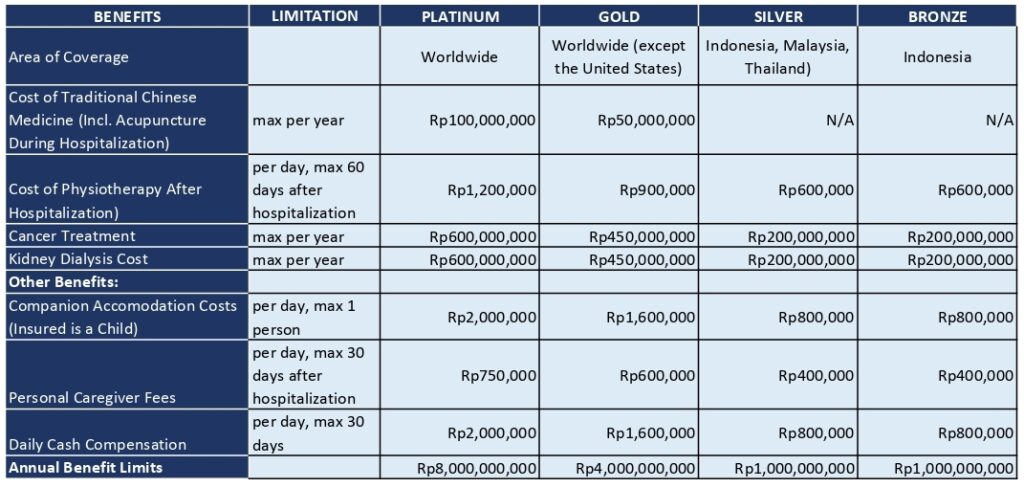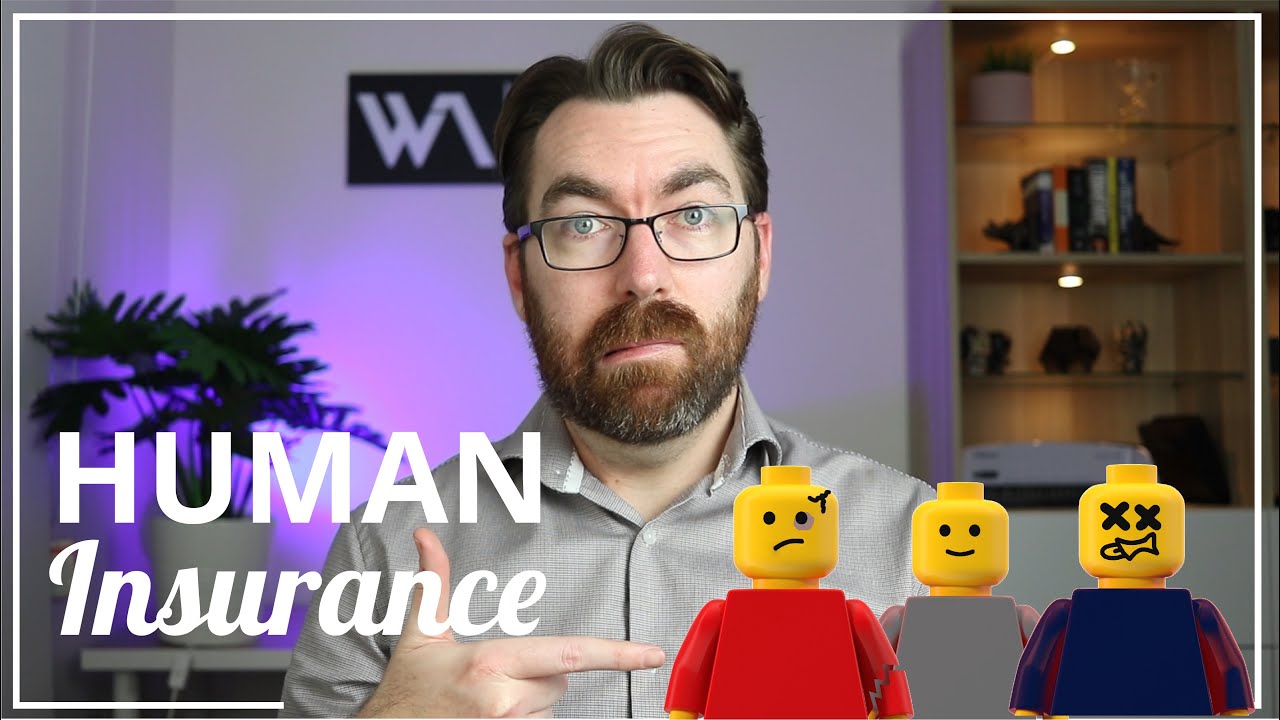Human insurance, a crucial aspect of financial planning, encompasses various types and implications for individuals. Exploring the significance and intricacies of human insurance sheds light on the importance of safeguarding one’s well-being and future.
Introduction to Human Insurance

Human insurance is a type of financial protection that provides coverage for individuals against specific risks. It is significant as it helps safeguard individuals and their families from unexpected events that could lead to financial instability. There are various types of human insurance available, including health insurance, life insurance, disability insurance, and more. The primary purpose of human insurance is to provide peace of mind and financial security to policyholders in times of need.
Importance of Human Insurance
Human insurance is crucial due to its ability to offer financial protection and security to individuals and their loved ones. It plays a vital role in ensuring that policyholders are covered in case of emergencies, accidents, or illnesses. For example, human insurance can be beneficial in situations such as medical emergencies, unexpected deaths, or disabilities that prevent individuals from working. While there are advantages to having human insurance, such as peace of mind and financial security, there are also disadvantages, including the cost of premiums and potential limitations on coverage.
Types of Human Insurance
There are various types of human insurance, each providing different forms of coverage. Health insurance covers medical expenses, while life insurance offers financial support to beneficiaries in the event of the policyholder’s death. Disability insurance provides income replacement if the policyholder is unable to work due to a disability. When choosing a human insurance policy, factors to consider include coverage limits, premiums, deductibles, and exclusions.
Human Insurance Providers

Prominent companies that offer human insurance include Allstate, State Farm, Prudential, and AIG. These providers offer a range of services and coverage options to cater to the diverse needs of policyholders. When selecting a reliable human insurance provider, it is essential to consider factors such as financial stability, customer service, claims processing, and reputation.
Human Insurance Claims
Filing a human insurance claim involves submitting documentation to the insurance provider to request coverage for a specific event or loss. To ensure a smooth and successful claims process, policyholders should carefully review their policy terms, provide accurate information, and follow the insurer’s claims procedures. Common reasons for human insurance claims being denied include insufficient documentation, policy exclusions, and fraudulent claims.
Trends and Innovations in Human Insurance

The human insurance industry is continuously evolving, with trends such as digitalization, data analytics, and personalized policies shaping the future of insurance services. Technology is impacting human insurance by streamlining processes, enhancing customer experiences, and enabling insurers to offer innovative products. Future developments in human insurance are expected to focus on customization, automation, and sustainability to meet the changing needs of policyholders.
Ultimate Conclusion
In conclusion, human insurance serves as a vital safety net in uncertain times, offering protection and peace of mind to policyholders. By understanding the types, importance, and claims process of human insurance, individuals can make informed decisions to secure their financial future.
Answers to Common Questions
What is human insurance?
Human insurance refers to policies that provide financial protection against various risks related to health, life, or disability.
Why is human insurance important?
Human insurance is crucial as it safeguards individuals and their families from unforeseen financial burdens in times of need.
How to file a human insurance claim?
To file a human insurance claim, contact your insurance provider, submit necessary documents, and follow their specific procedures for claims processing.
What are common reasons for denial of human insurance claims?
Common reasons for denial include policy exclusions, insufficient documentation, or pre-existing conditions not covered under the policy.
